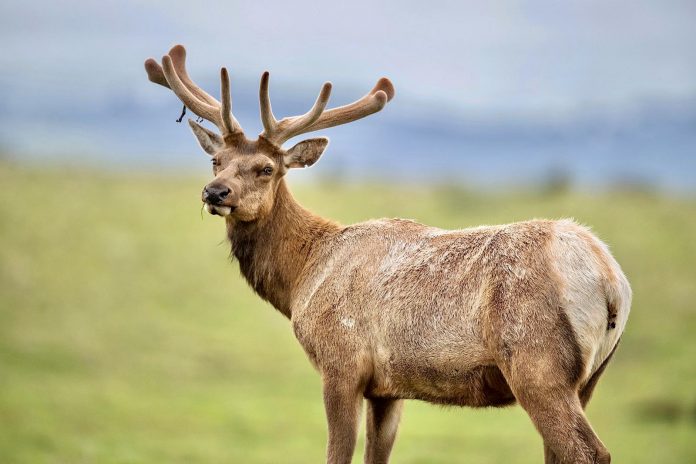You can help all animals and our planet by choosing compassion on your plate and in your glass. #GoVeg
RELATED ARTICLES
Pressure Mounts For Arizona To Ban Dog Pack Hunting Of Mountain Lions, Bears & Other Critical Species
Conservation groups have submitted a petition to the Arizona Game and Fish Commission urging a ban on the use of dog packs for hunting...
Help Save Millions Of Lives This Holiday By Choosing Compassion On Your Plate; Adopt A Turkey Today!
As Thanksgiving approaches, we hope you enjoy a warm and safe holiday. We encourage you to make a compassionate choice by leaving animals off...
Giraffes Are One Step Closer To Receiving Vital Endangered Species Act Protections
In response to a petition and subsequent lawsuit by conservation and animal protection organizations, the U.S. Fish and Wildlife Service (USFWS) has proposed listing...
Popular stories
Healthy Living
Beyond Meat Launches In 3,300 Starbucks Locations Throughout China Featuring New Plant-Based Menu Options
Today marks the much-anticipated entry of Beyond Meat in mainland China. The plant-based protein pioneer teamed with Starbucks for its new "Good Good" plant-based menu that was created to accommodate the...
News
Hormel Foods Settles Lawsuit Over Deceptive Advertising Of “Natural Choice” Products While Still Killing Animals In Factory Farms
The Animal Legal Defense Fund recently filed a motion to dismiss its lawsuit against Hormel Foods regarding its advertising for Natural Choice brand products...
News
A Federal Court Rules In Favor Of Protecting Critically Endangered Cook Inlet Beluga Whales From Harmful Activities By Oil Company Hilcorp Alaska
In a huge victory for critically endangered Cook Inlet beluga whales, a federal court in Alaska rejected a rule last week allowing offshore oil...



